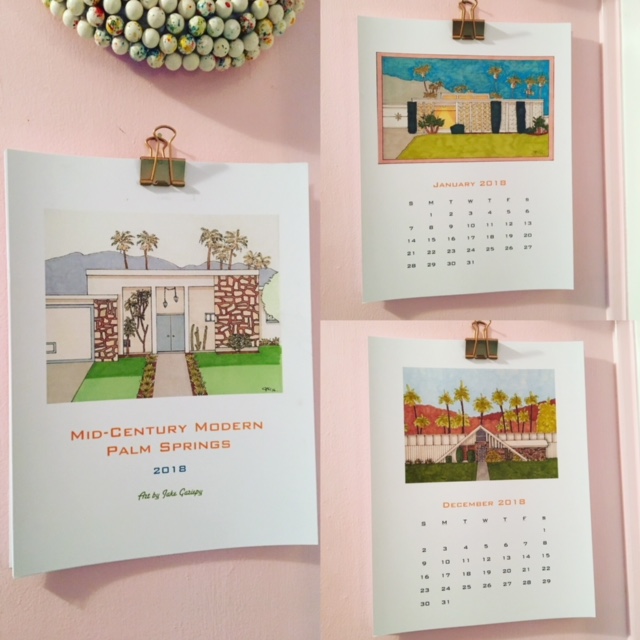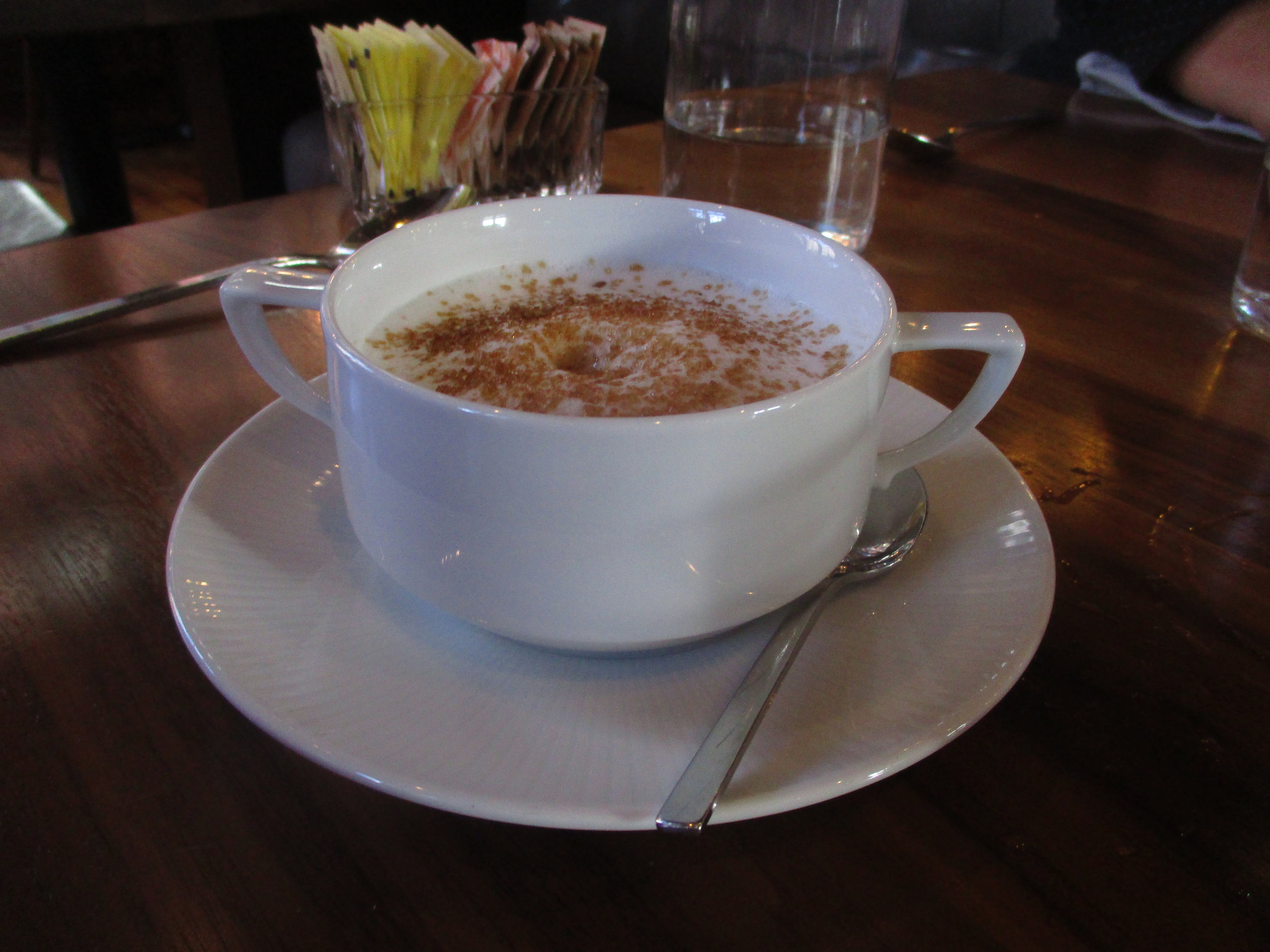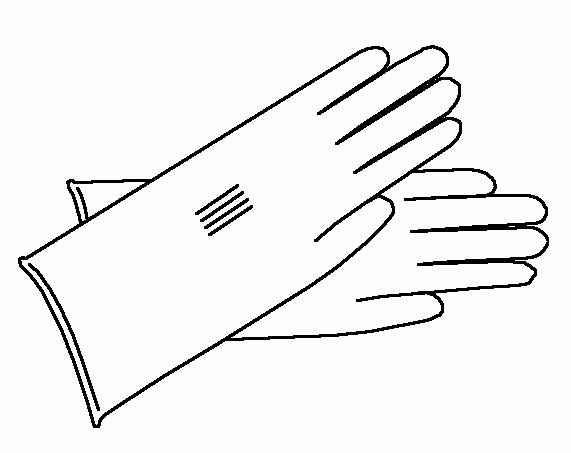Dear Etiquetteer:
I have a brother-in-law who insists on filling my wine glass at holiday events. I have tried explaining that I do not drink more than six ounces at a sitting because I don't sleep well at night. Regardless he fills my wine when I get up from the table. I understand HE is being rude by not following my request. Do you have a suggested response? I have better self-control than I did a few years ago (smile) so I have no problem just letting the wine sit there, but I do hate to be rude. My husband doesn't like wine and my kids aren't old enough.
He is the same with holding the door, waiting in line for food, anything where the family is involved, he always insists on being last in line or putting someone else, usually the host before him, the guest. When the host says no, the guest (my brother-in-law) should go ahead, it becomes a ping pong game of back and forth. Do we always let him win, meaning the host
goes before the guest, and avoid the ping pong effect?
I need to add that he is from [Insert Slavic Country Here] but was educated in the States (graduate school). He has lots of quirks that we gently ignore, but these two are the most annoying and can really take away from a family gathering.
Dear Wined:
Every family has its quirky member, though the quirks vary from family to family. Etiquetteer ought to know, as Etiquetteer is the Designated Quirky Relation!*
Quirky Relations, like all family members, need a role to play in holiday gatherings, a way to be useful. This could be attending to the needs of children or elderly relatives, cooking a special, sought-after dish; providing entertainment (musical, humorous, or otherwise), tending bar, or even as simple as making sure all the coats are hung up. Before Etiquetteer was the Quirky Relation, Etiquetteer's Dear Uncle filled that role. Conversation was not always easy for him, but he established himself as a Uniquely Helpful Presence with his talent for drying dishes. After every Christmas dinner he could be found at his station by the dish rack, towel in hand, ready to do what he was able to do to contribute to the general success of the gathering. And that is a mighty fine thing, and more Quirky Relations should be appreciated for fulfilling what many others would consider Drudgery.
Your Slavic Brother-in-Law appears to be fulfilling the role of Quirky Relation, but continued Gentle But Obvious Guidance is needed to make his usefulness Truly Useful. Etiquetteer would encourage you to indulge his preference for the end of the buffet line. Yes, it's true that the hosts should be the last to be served at a buffet, but it seems so clear that your brother-in-law wants to do something to make the dinner be nicer for others, and the best way he can think of is not letting himself get between them and their dinner. The hosts might even offer a toast once everyone is seated**: "To Slavion, the End of the Line!"
But you are quite correct that it's rude in this country to force alcohol on people who don't want it. But perhaps it is the custom in some cultures that a neighbor's glass must always be filled? In Days Gone By if the butler ignored your disinterest in wine, that was just too bad for you - but then he had an incentive, as all the leftover wine became his.***
To underline the point you've already made, you may have to begin carrying your wineglass away from the table with you, or moving it from under his pouring at risk of permanently staining the tablecloth. No one would soon forget that! Before those extremes, though, you might draw him out in conversation about this particular quirk. "Slavion, it's so important to you that my glass remain full. Tell me why that's so important to you." Based on his response, you can underline your own preferences, and forge a stronger relationship with him.
Etiquetteer would like to wish you and all your family the very best for a Harmonious Holiday.
*One also thinks of Mr. Day in Life With Father, who famously said "Madam, I am the character of my establishment," though he meant something else entirely.
**Etiquetteer hopes you all are seated at one table, or at least in one room.
***Hic!
























